QuestionHow do you train a Siberian Husky to never leave your side when your around and how to walk on a leash at your side with no pulling? (pretty much be extremely loyally obedient and mellow) I rescued a Husky family and I am keeping one of the pups who is now 6 weeks old, but he hates the leash, he is fine with the harness on but once I try to direct him with the leash he sits down or tries to back up and slip out. He seems a bit scared from it too. I wish he would be more attentive and want to learn but he seem as if he wants to be independent and wild. I am wondering if there is any way I could train him without treats, and if so then how?
AnswerHow wonderful that you have rescued not one, but an entire family of dogs! It sounds like you have your hands full. The Siberian Husky is a great dog, but it's important to bear in mind what makes a great Husky. As sled dogs, they have been bred to have a strong drive to pull. Dogs have an opposition reflex, which means that when there is tension or resistance against one part of their bodies, they will push or pull in the opposite direction. It's not something they can easily control, just as you might flinch if someone threw a punch at your face, or you'd cover your ears when hearing a loud noise. The Husky pulls because it has been bred to do so. It's great for crossing vast terrains covered in snow, not so great for a casual walk around the block. It is possible to train a Husky to walk nicely, but may be a little more challenging than another breed. First of all, I would say that 6 weeks is extremely young to start serious leash training. You don't want to do things that are going to reinforce the resistance. For now, I would get a short (maybe a foot long) length of clothesline and attach it to the collar so your puppy can just get used to it. (I don't advise a leash because they are too long and get caught on things and expensive to replace if chewed). Keep this bit of narrow rope attached at all times. It will give you a good "handle" on your pup so you don't have to grab for his body when you want him to stop doing something--just grab or step on the rope instead. Be sure to encourage and praise your puppy every time he looks at your face--Good boy! Yes! Yes! -- you want him to think that you are just the greatest thing so that you have his attention as much as possible. Do not get into a struggling match with him--I don't really think he's being independent and wild, he just has no idea what you want and is frightened. You're not going to get anywhere with a scared puppy. Walk away from him and encourage him to follow you by whistling, patting your thigh, clucking, etc. but do not pull him to you. I am wondering why you are reluctant to use treats? Dogs have no natural inclination to just do whatever we demand--they have their own agendas. I use treats and praise all the time. If you make it worthwhile and fun and interesting, then your puppy will respond with enthusiasm. If it's just about giving commands and forcing your dog to obey, then you will be setting yourself up for a fight. At this young age, you don't want to send the message that you are a bully. You mention that you want a dog that is extremely loyal, obedient, and mellow. The mellow part may not come for years, if ever. That's just not typical of a Husky. Loyalty must be earned through kindness, patience, and trust. Obedience will come with practice and positive, clear training methods. Six weeks is far too young to expect ANY of these things. Give him time--there's no rush on this. Look into a Puppy Kindergarten or Basic Obedience class so you and your puppy can learn together. He needs to be socialized and learn manners before you can start to teach more formal commands and leash walking. If you are interested, I suggest getting a copy of The Art of Raising a Puppy by the Monks of New Skete or The Power of Positive Dog Training by Pat Miller. They are excellent primers in training a puppy. Take it slow and try to remember that he's just being a puppy and doing what comes naturally. He's not being "bad" or wild or stubborn. Wishing he were more attentive and willing to learn is not going to make it happen--make sure you do not give him a reason to want to avoid you and the leash by making training fun and keeping it positive. I wish you good luck.

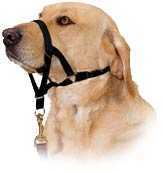 head collar on dogs
Question
head collar on dogs
hello madam, may i know wh
head collar on dogs
Question
head collar on dogs
hello madam, may i know wh
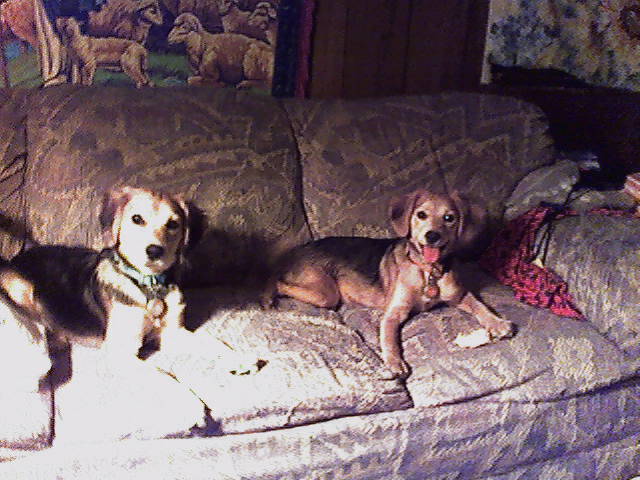 bladder issues in rescue pups
Question
collie-shepherd pups
We have had two rescued s
bladder issues in rescue pups
Question
collie-shepherd pups
We have had two rescued s
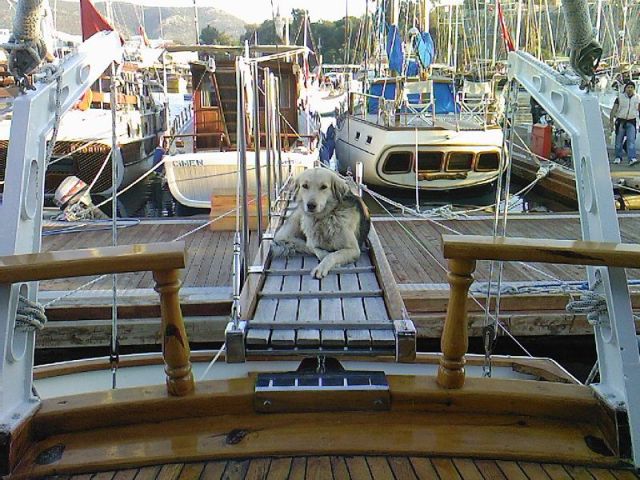 breed identification
QuestionMaggie
QUESTION: Hello - Ive hopped over
breed identification
QuestionMaggie
QUESTION: Hello - Ive hopped over
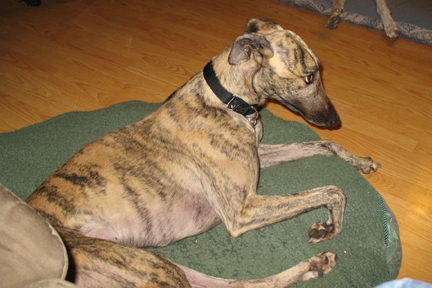 Adult Greyhound Howling
Question
Lisette
Hello Kathleen,
Thank you for taking
Adult Greyhound Howling
Question
Lisette
Hello Kathleen,
Thank you for taking
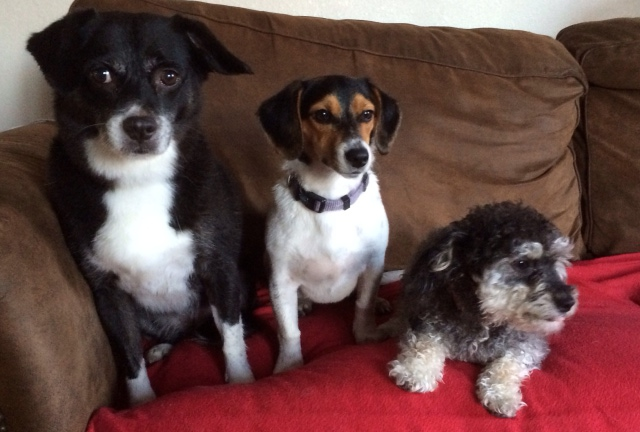 Dog aggression
Question
The 3 of them
I have 3 spayed female do
Dog aggression
Question
The 3 of them
I have 3 spayed female do